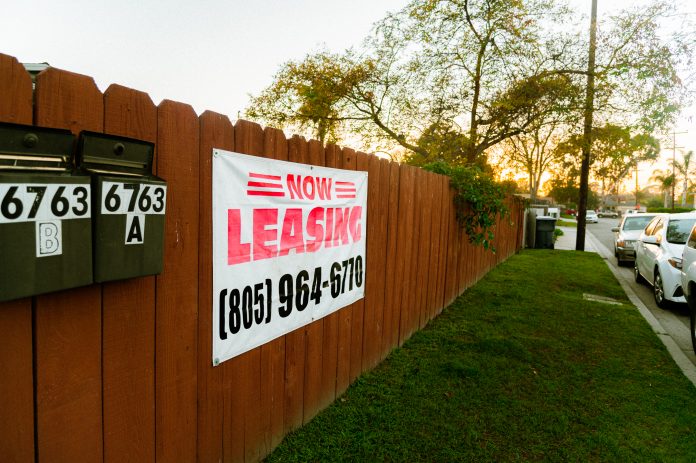Alexandra Wishowski
Isla Vista Beat Reporter
As COVID-19 continues to spread throughout Isla Vista, many students have continued hosting large gatherings and parties, ignoring county health ordinances. To the community’s dismay, party hosts have gone largely unpunished.
In response, students have complained about the lack of accountability placed on neighbors who continue to host large gatherings while putting the community at risk. Complaints have been mainly directed towards law enforcement, UC Santa Barbara (UCSB) administrators, Isla Vista landlords, and leasing companies.
In an interview with The Bottom Line, Riley, a representative of the property management company Playa Life IV, explained the procedure for dealing with residents who have violated county health ordinances, along with legal limitations the company faces.
The company collects information from law enforcement, the college the tenant may be enrolled in, and the tenant themselves in order to gather all sides of the story before issuing a warning letter to the property.
“We provide them with a formal written notice that this is an issue that can’t continue. If it does continue, we’ll have to take further action,” stated Riley.
According to the Santa Barbara County Public Health Department’s (SBCPHD) health officer order made effective in October of last year, large house parties fall under gatherings which incur fines of $100 for the first offense, $200 for the second offense, and $500 for any following offense within the same year.
However, Riley confirmed that landlords do not have the legal power to impose these fines on tenants throwing parties. Law enforcement officers and health representatives designated by the county are responsible for issuing citations and civil fines.
Although the goal is to avoid evictions during the COVID-19 crisis, tenants may be subject to the eviction process if they pose a severe risk. While most residents usually comply after receiving warning notices, Playa Life IV has moved forward with one eviction during the pandemic.
“However, Riley confirmed that landlords do not have the legal power to impose these fines on tenants throwing parties. Law enforcement officers and health representatives designated by the county are responsible for issuing citations and civil fines. “
“If we think it’s severe enough, if we deem it enough of a health risk, and if our attorneys can actually agree that we have a legal basis for eviction based on the actions of the tenants, then we will go through with that,” Riley explained.
A residence that has reportedly faced eviction for several large parties is one of the units at the “Ganja Baby” house on Del Playa Drive, which is managed by Playa Life IV as well. A fourth-year student in a neighboring residence — who asked to remain anonymous — described the ways in which some tenants have deliberately disregarded the county health ordinance.
“For their normal parties, I’d say around 30 to 50 people would go since there’d be a crowd in front of the house,” said the student. “The last gathering with the bouncy house had over 200 people on the balcony, from what I heard.”
Additionally, the party hosts can find ways to cover the county fines after being reported.
“Cops wouldn’t do much other than warn them that they couldn’t party or else they’d get fined,” added the student. “Even if they did, they could just charge guests an entry fee to avoid it.”
The Instagram account, @ucsb.party, has been publicly posting photos and videos of partiers in order to hold them accountable. According to one of their posts featuring the bouncy house at the “Ganja Baby” residence, two older, male UCSB alumni have allegedly paid student party fines and supplied alcohol for residences throwing the parties.
Due to the extremely strict laws regarding eviction in California and the abundant loopholes for county fines, many students have attempted to put pressure on UCSB administrators to follow the lead of other universities holding students and organizations accountable for attending large gatherings.
Tulane University threatened to suspend and expel students who violate their COVID-19 policy by hosting gatherings of over 15 people. Six sororities and fraternities have already been suspended for gathering at bars and off-campus parties.
UC Berkeley also implemented a campus lockdown for their residence halls due to increasing case numbers. Undergraduate students were required to self-sequester in their dorms until Feb. 8 and only were permitted to leave to seek medical care, testing, emergency help, or food.
UCSB students may report their complaints about large gatherings to the Registered Campus Organizations Conduct Board, which investigates violations against the student code of conduct for students, campus activities, and campus organizations.











